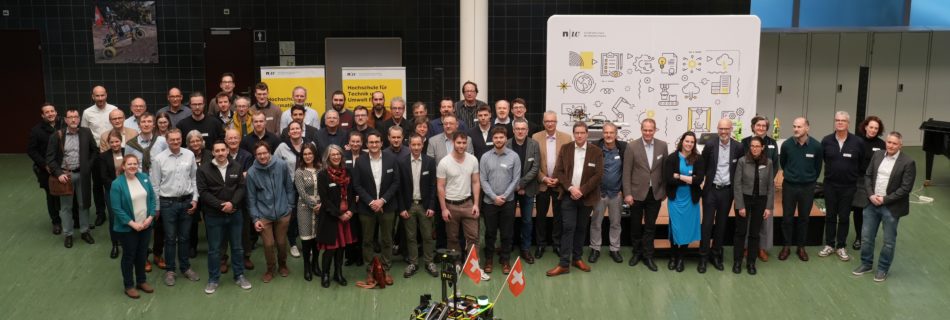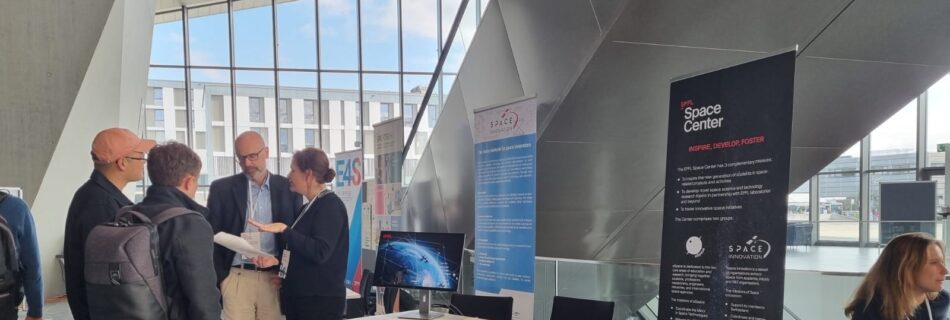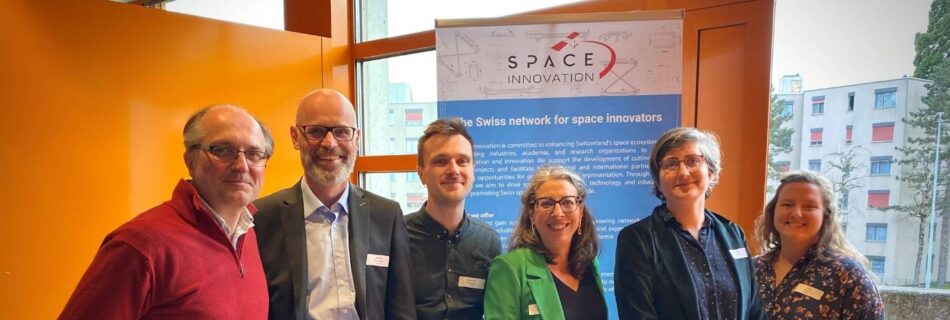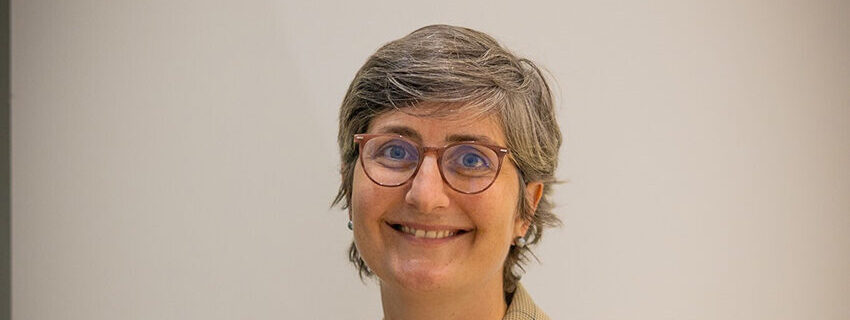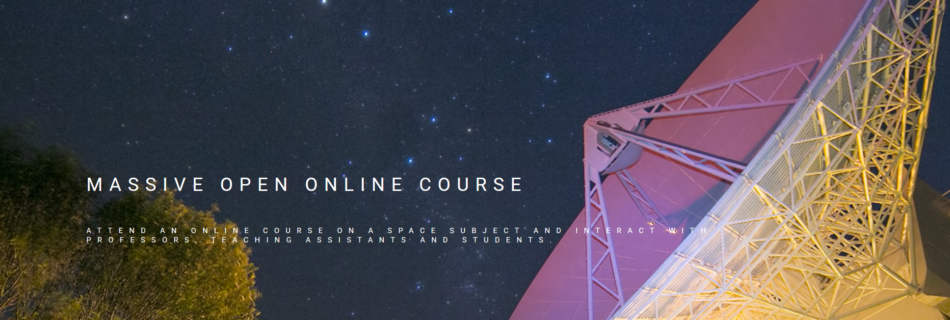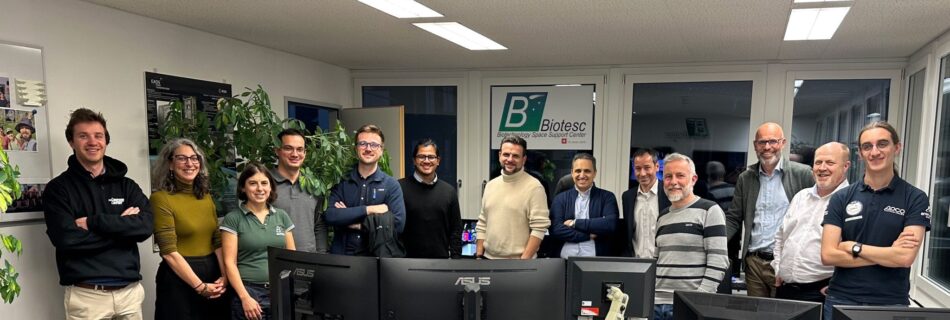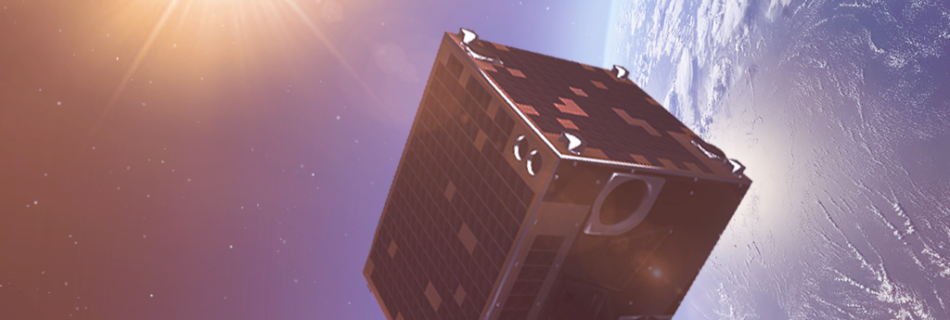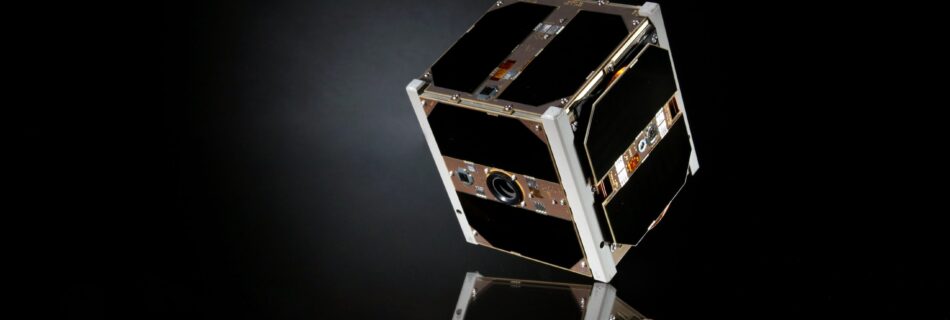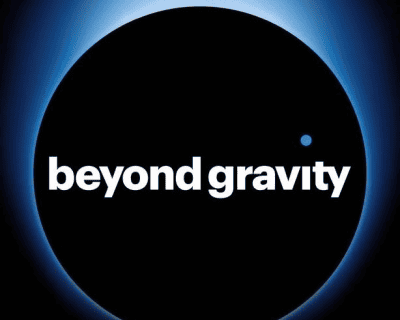Brugg-Windisch, Switzerland — February 11, 2026 The Space Innovation network gathered once again for its annual meeting, hosted by the University of Applied Sciences and Arts Northwestern Switzerland (FHNW) in Brugg-Windisch. We were delighted to meet all the participants, our members, on this occasion. It is always a pleasure to […]
Read MoreNews
EPFL Engineering Industry Day 2025
The EPFL’s School of Engineering and Vice Presidency for Innovation and Impact organized the EPFL Engineering Industry Day on Thursday March 27th, 2025. This event, that has now become annual, strengthen the bridge between academia and industry, offering a dynamic platform for PhD students, researchers, professors, and industry leaders to […]
Read MoreSpace Innovation annual meeting 2025
On March 11th, 2025, we had the pleasure of hosting Space Innovation’s Annual Meeting at HES-SO / HEIG-VD in Yverdon-les-Bains! It was a day filled with insightful discussions, exciting demonstrations, and networking opportunities with our vibrant community of innovators. Morning highlights: After a convivial lunch, Sylvain Pasini gave us a […]
Read MoreInnovation for advanced manufacturing and space technologies
We recently had the opportunity to visit EPFL’s M2C Center, an advanced manufacturing center where Bruno Studach and his team are driving innovation in space-ready manufacturing technologies.The Center brings together world-class laboratories, each contributing with its unique expertise:– the LAFT Lab, which masters multi-material 3D printing– Galatea Lab, a pioneer […]
Read MoreEPFL Space Center promotes Emmanuelle David to Executive Director
We are pleased to announce that Emmanuelle David has been promoted to Executive Director of the EPFL Space Center, effective February 3rd, 2025. Having successfully led eSpace since February 2020, David will now oversee the entire EPFL Space Center, including both eSpace and Space Innovation divisions, which were unified under […]
Read MoreEPFL Space Center’s MOOC: “Space Mission Design and Operations” – A journey of knowledge
Since its launch on February 24, 2016, the online MOOC, Space Mission Design and Operations, delivered by the legendary Claude Nicollier, has been followed by over 38,000 students from all over the world. More than 2,000 students have completed the exams and earned their certification! The latest updated edition, released […]
Read MoreRoundtable on Space Mechanisms and Instruments
On November 13, 2024, Space Innovation’s Interest Group for High Precision Space Mechanisms and Instruments hosted its much-anticipated roundtable event, bringing together top experts in the space sector for an insightful day of knowledge-sharing and networking. This year’s event took place at the Lucerne University of Applied Sciences and Arts […]
Read MoreClearSpace will use Minority Report technology from EPFL
ClearSpace will use Minority Report technology from EPFL Satellites are open to attack. All communications systems are vulnerable to hackers by definition, and are protected accordingly, with hardware and software. However, because they reside outside the protection of the Earth’s atmosphere, satellites are perhaps exposed to the mightiest and most […]
Read MoreSwissCube completes 15 years of mission!
Sent into orbit for a mission that was meant to last three of four months, SwissCube has completed 15 years of active service! This makes it the third oldest CubeSat still to be sending telemetry. Read on at eSpace
Read MoreBeyond Gravity is hiring
Our member Beyond Gravity is hiring! Great job opportunities in Switzerland for the space sector, we strongly encourage you to apply.
Read More